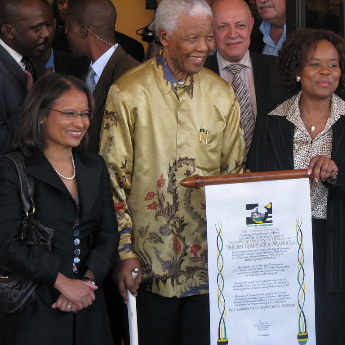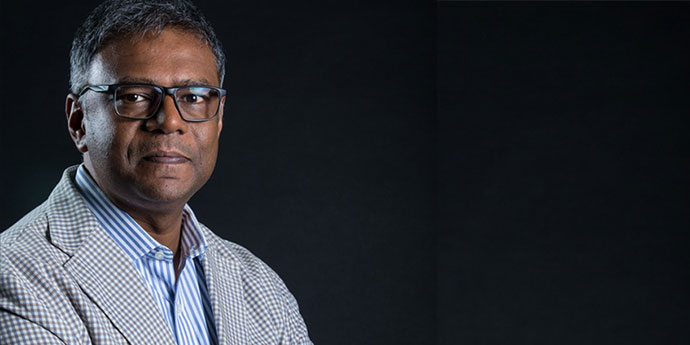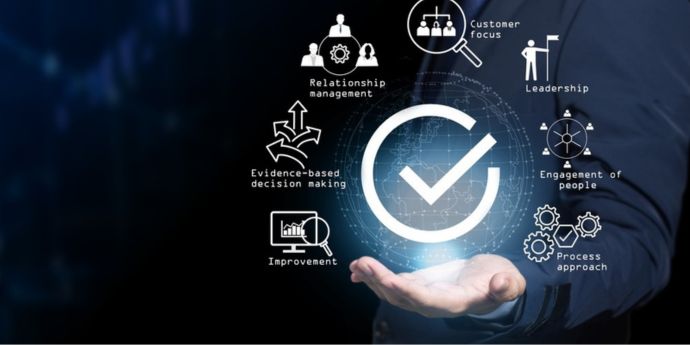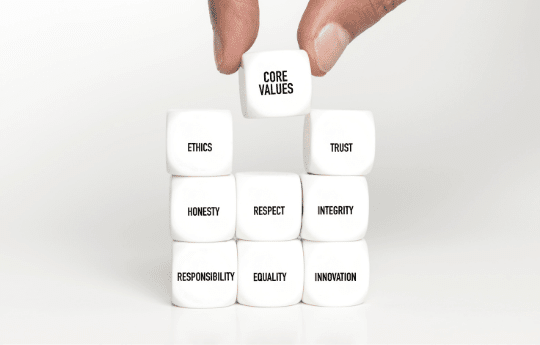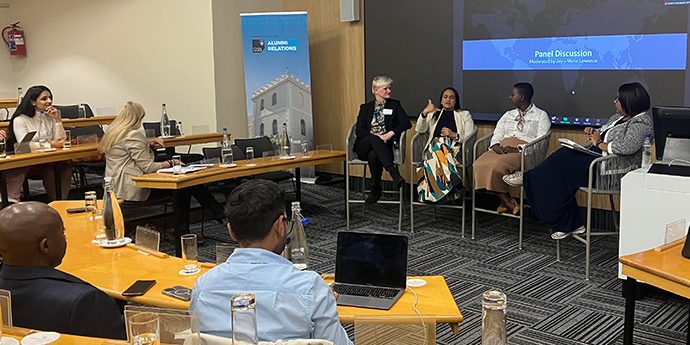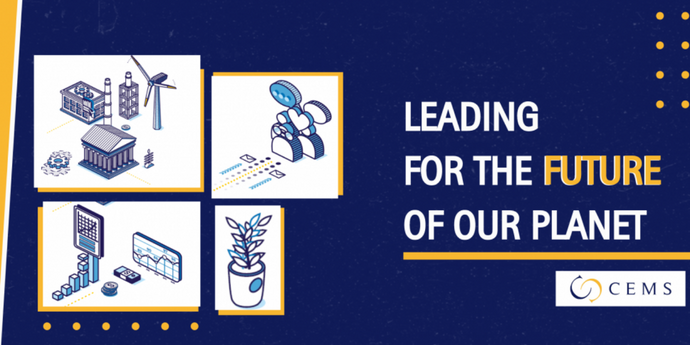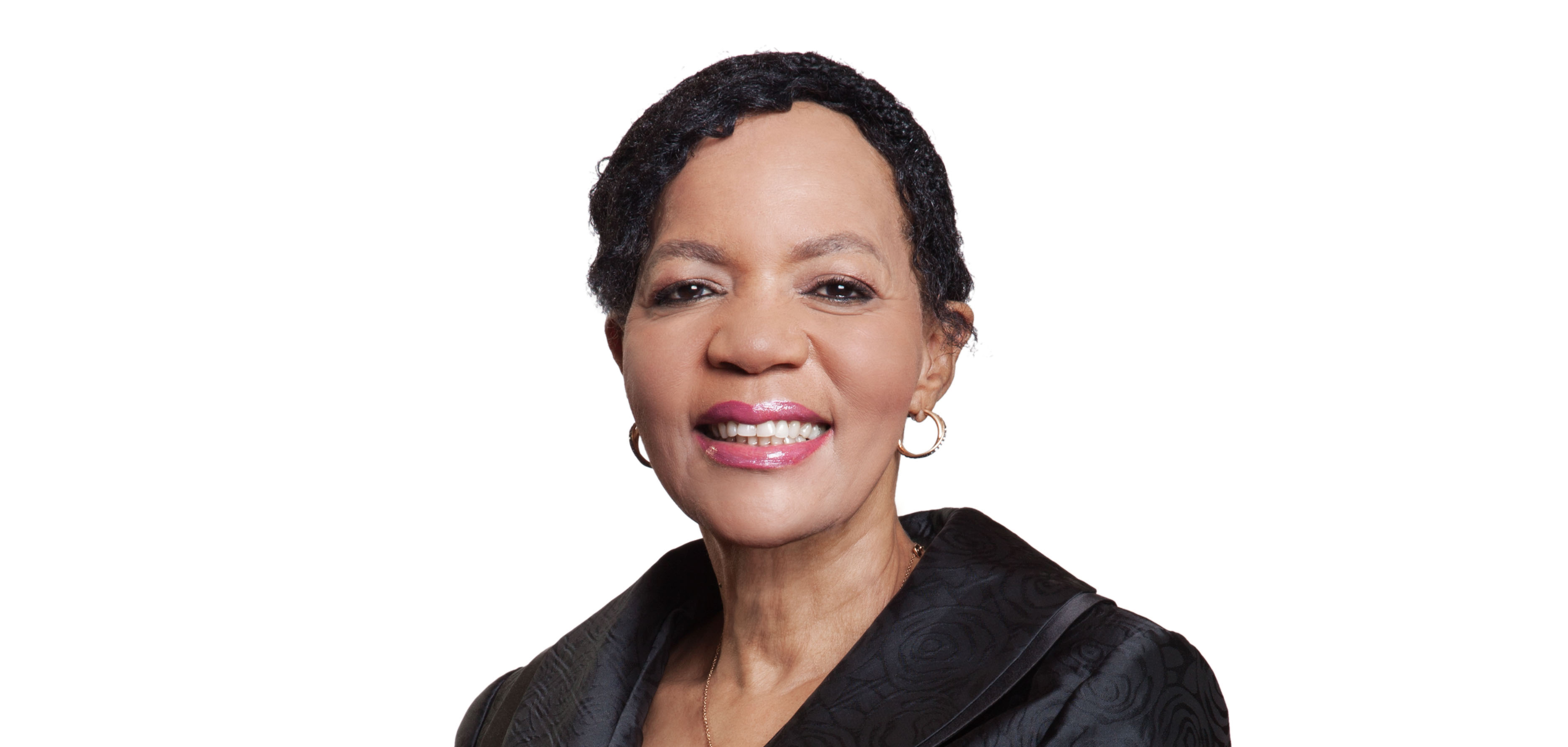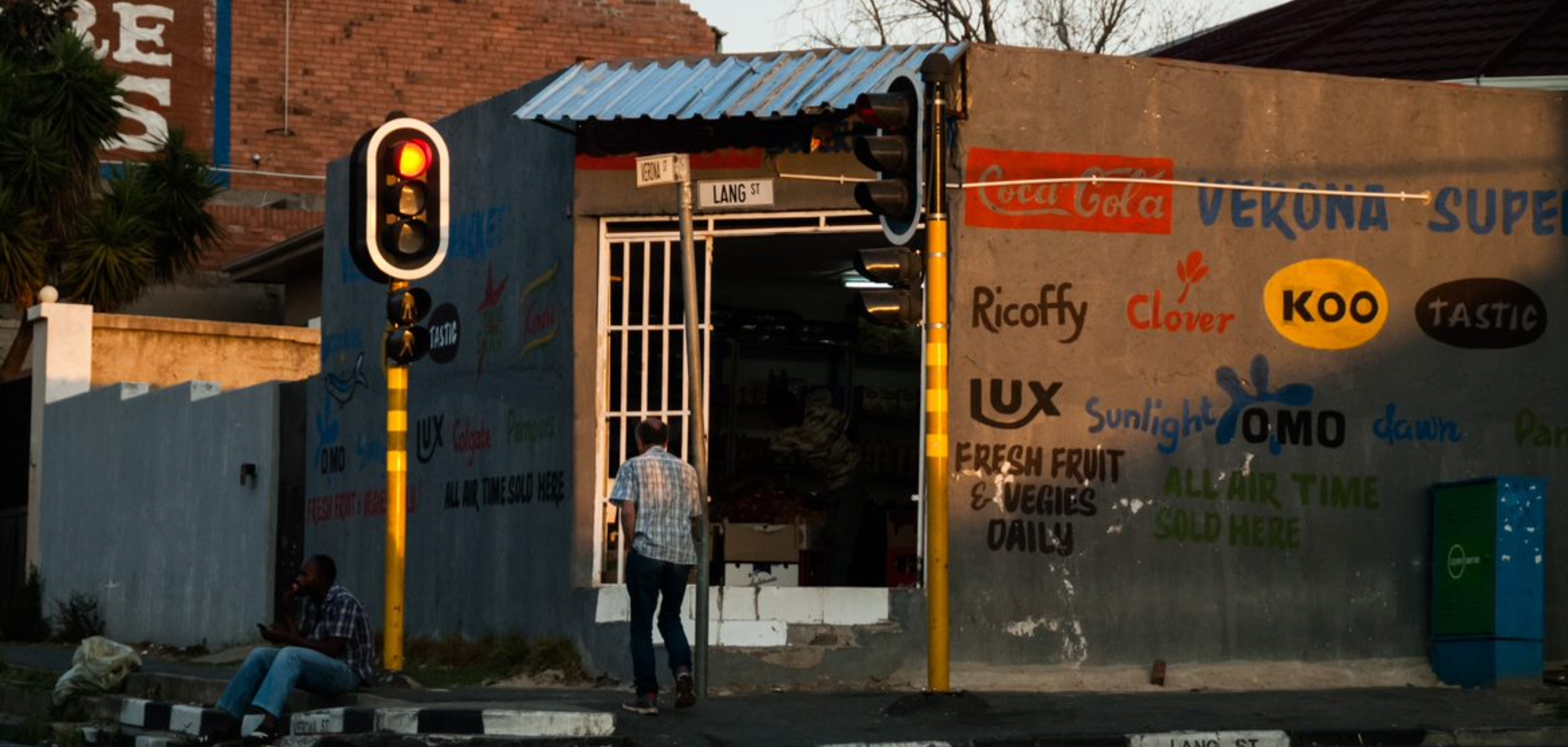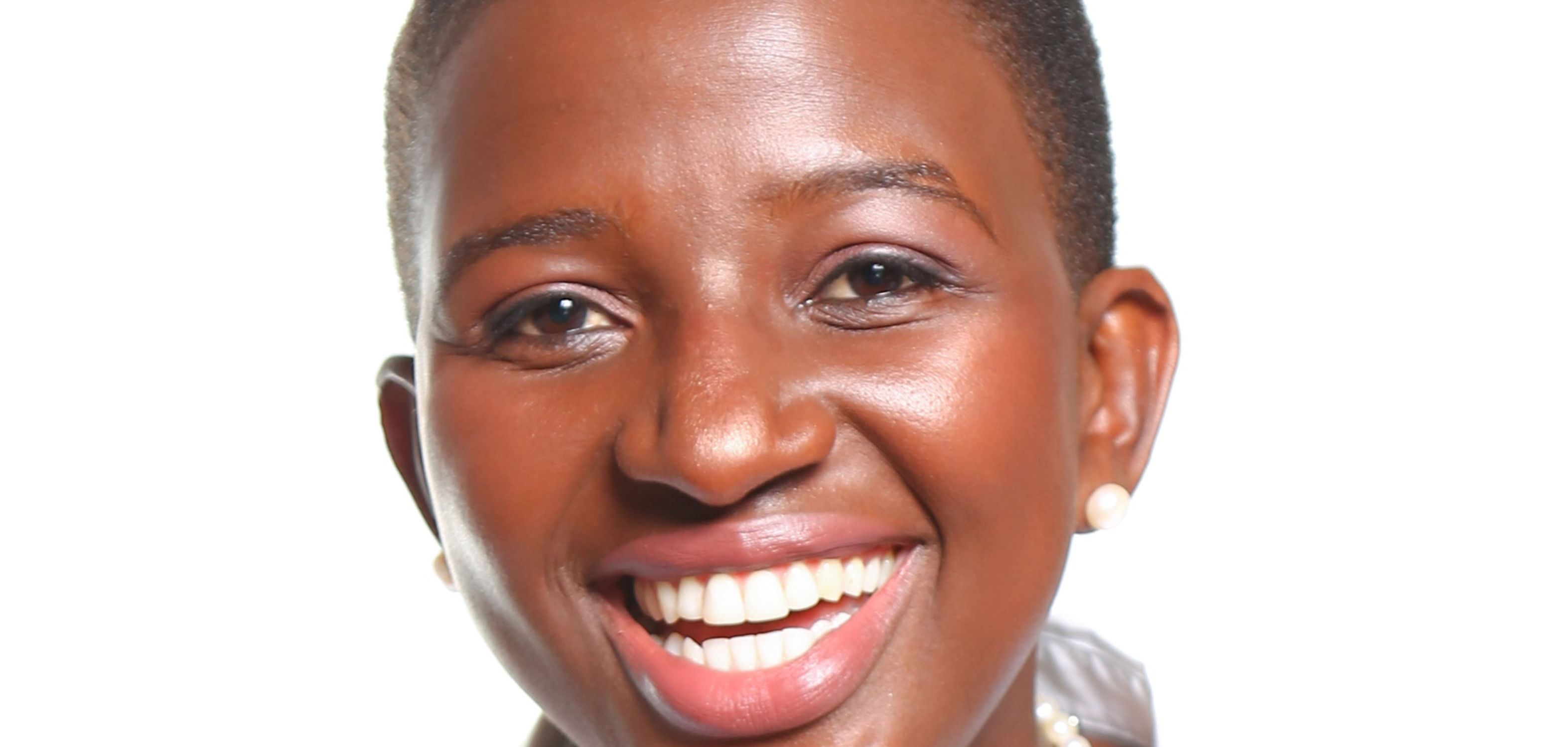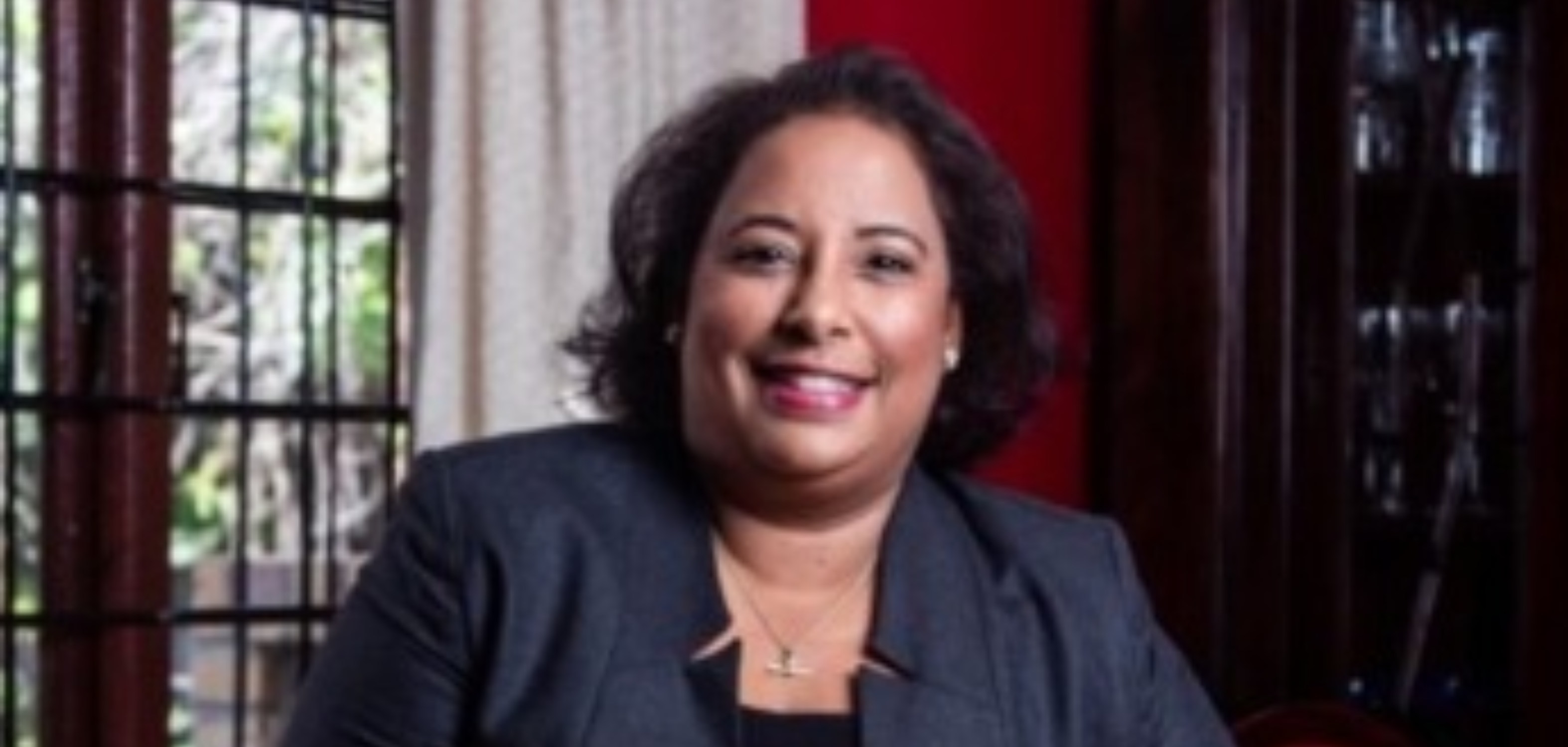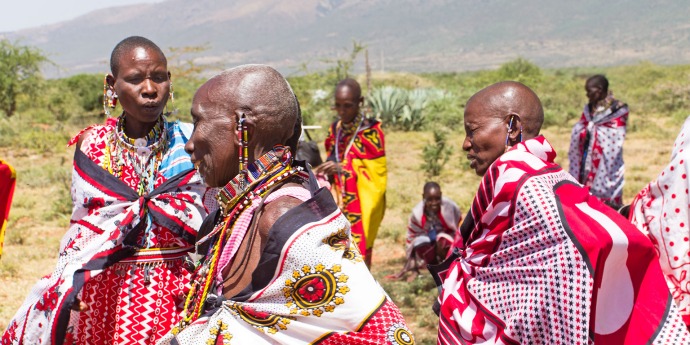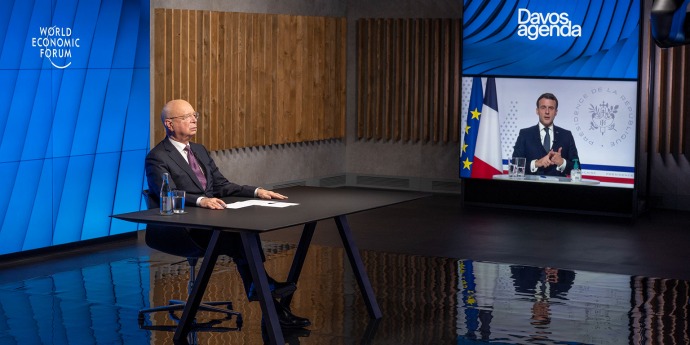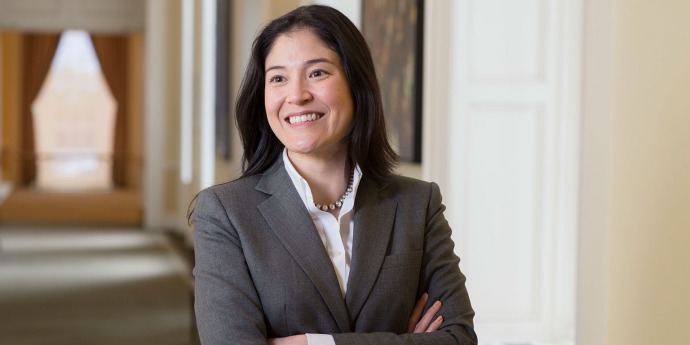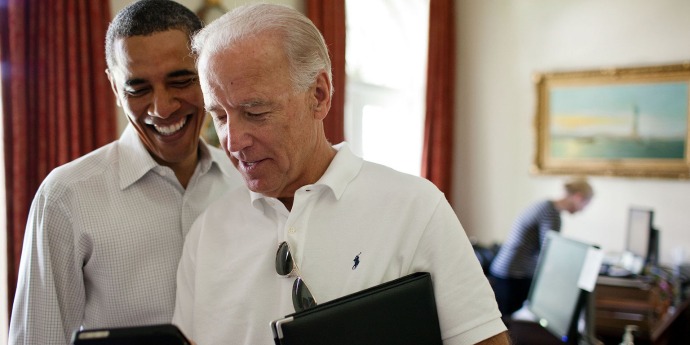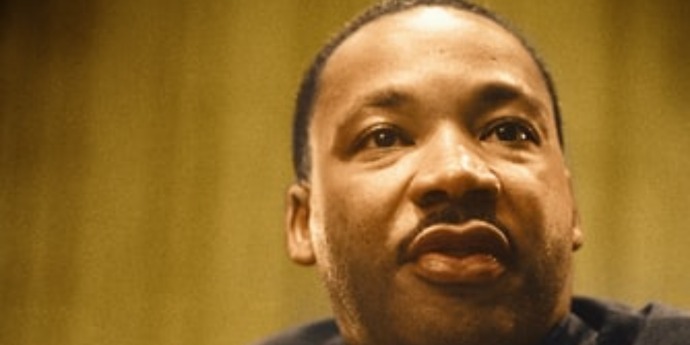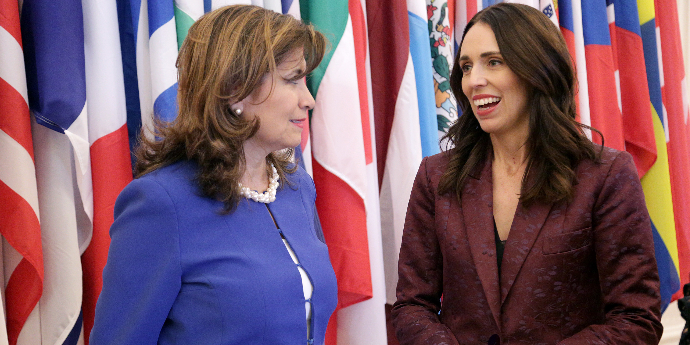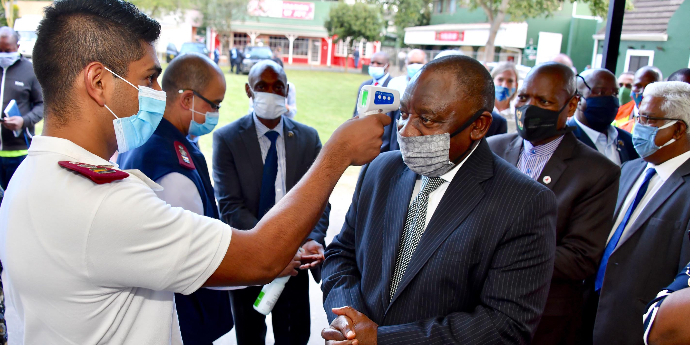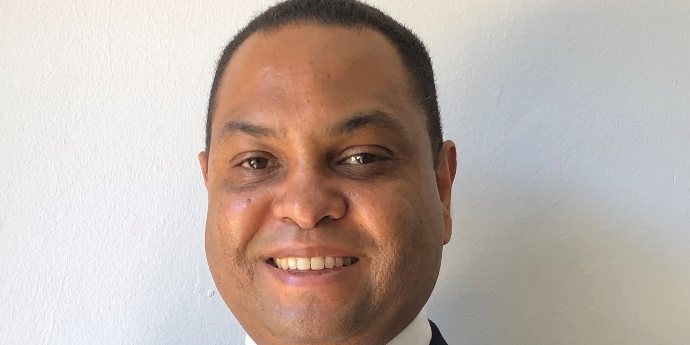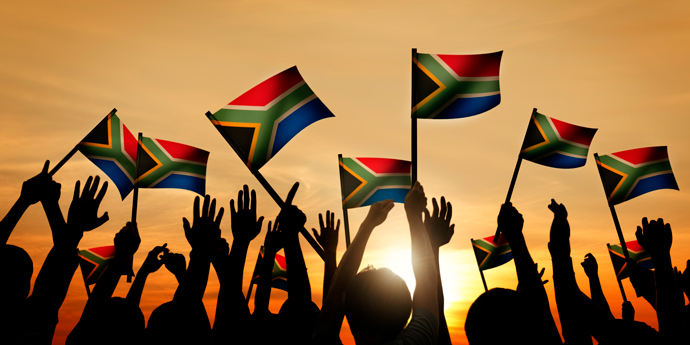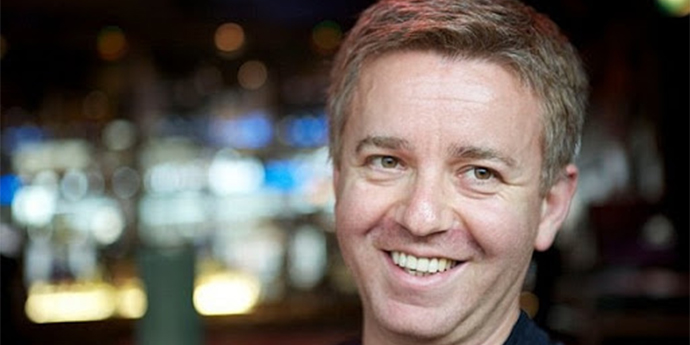As the country plunges deeper into an economic and humanitarian crisis fuelled by the COVID-19 pandemic, we will need steward leaders who are accountable and focused on assisting their communities — and each of us can rise to the challenge.
In a time when people are queuing for kilometres in the winter cold for food parcels; when vulnerable people are dragged naked out of their homes and humiliated on national media—and when people are dying in the corridors of Eastern Cape hospitals, fighting other patients for the oxygen to keep them alive—leaders must change, as we ourselves, have been changed by this pandemic.
Real meaningful post-COVID-19 leadership demands more than people expressing sympathy, but remaining distant, from the misery of the poor and marginalised. COVID-19 has exacerbated existing challenges facing South African and global leaders, deepening the impact of poverty, unemployment, corruption, social injustice and inequality. What we need now is leadership that moves beyond comfort zones—the safe spaces and disengaged charity—and for leaders to be willing to encounter the pain, touching it, being dirtied by it, and being spurred into doing something meaningful to remove some or all of the suffering of others.
This is a call for steward leadership—leaders whose behaviour is shaped first and foremost by the desire to help others, to serve those who need it most; to collaborate and involve others in decision-making processes, and to empower and inspire those around them to achieve better outcomes.
Steward leadership is not a new term, but it was business leadership expert Robert K. Greenleaf who, in 1970, laid the premise for it as an alternative form of business leadership. Since then, it has gained prominence through the work of academics and institutions, especially when they compared it to traditional leadership styles and how these failed in dealing with the major challenges of the 21st century—the financial crisis, climate change, rising inequality, political and ethnicity tensions, and the gendered nature of workplaces.
The crux of steward leadership is wanting to positively impact the world, and to leave it a better place for the next generation. Instead of traditional leadership ideology, which often incorporates characteristics of a hero persona, steward leadership puts collaboration, empowerment and involvement of others above individual effort. There are nine different dimensions to steward leadership, which include personal mastery and the ability to be a role model as well as having a personal vision, which is what you represent to others. Another aspect is mentoring others and investing skills and ability in others, empowering them towards the end goal of strengthening the whole (whether it is a community, an organisation or a country). In essence, steward leadership puts service over self-interest, community over the individual. Steward leaders often start out wanting to serve others, or to step into a gap/’pain point’ in society, and end up leading as a result — many never start out with the original intention of actually leading.
There are some examples of world leaders who embody more of these steward leadership qualities, and who have been noteworthy in their handling of the COVID-19 crisis. Leaders like New Zealand’s Jacinda Ardern, who communicates frequently and speaks freely to all citizens of the country, sharing an impassioned personal vision and narrative of how the country will overcome the virus. Other leaders, like Germany’s Angela Merkel are collaborative in their decision-making process, resulting in high levels of trust in her leadership among the public.
Steward leaders have to be open-minded and flexible, coming from a deep-seated core of integrity and value-based inclination to serve others. And while this can also be seen through a spiritual lens, the context is not religious. Steward leaders, or servant leaders as they have also been called, are quite comfortable working inconspicuously behind the scenes and can deal with uncertainty. Unlike hero leaders, they don’t feel they need to have all the answers; they are willing to ask for help in making decisions, they are willing to fail fast and change strategy and remain adaptable to others’ needs and changing conditions. Theirs is a soft power, as described by Joseph Nye of Harvard’s Kennedy School, but it can be highly effective.
Think of Nelson Mandela who served 27 years in prison and finally became South Africa’s first democratically elected president, and was the biggest proponent of forgiveness and reconciliation. One of his many famous quotes is, “You will achieve more in this world through acts of mercy than you will through acts of retribution.” He reminded us that respect for others’ traditions, the appeal of cultural, social and moral messages, acts of deep care and love, using attraction and influence as one’s authority, operating through acts and behaviours of generosity, depoliticising virtue in ways that heal and build community, and helping others cope with uncertainty and ambiguity, are oftentimes more powerful than the hard power of using one’s economic or military might, using one’s privileged position of power and authority, and operating from one’s organisational or societal titles.
If ever there was a time for leaders to act with mercy—it is now. And many are responding to the crisis by mobilising others and reaching out. People like Khayelitsha resident Sandra Tshisa, who started cooking for hungry children from a two-plate stove in her house, feeding up to 30 children a day initially, inspired a friend to enter her for a lockdown competition which she subsequently won, and with new donations, she is now able to feed 60 children.
Or Springbok rugby captain Siya Kolisi, who in a recent Facebook video told South Africans, “When lockdown hit, my whole world filled with change, when the sun came up on 27 March 2020, I started a new job: you see, I am a teacher now, a reader, a dishwasher, I am a cook and a cleaner, I am a father and a husband, I am a brother and a friend, and as my life changed, so did I. I am Siya Kolisi, I am still a rugby player, but now I have become so much more.” The message may seem unexceptional but its strength lies in its humility and actioned response to a deep calling—pointing out to others how important it is to be at home with your family, to help them with schoolwork, to help clean the house. It also shows empathy with other people finding themselves in the same situation and gives it value, enforcing the idea that we are in this together—an example of sharing a personal vision and inspiring people not to lose hope and to stand together.
Indeed, there is a need for all of us to become leaders in our respective capacities. It may be helping others by distributing food or donating money to a worthy cause, it could be helping to tutor children unable to get to school, or it could be at work, by taking on more responsibility with repurposing a project or a company organisational scope. From garage attendants to teachers, lawyers, professors, community organisers, politicians and business leaders—all of those who make decisions every day about what we eat in our house and how the money is spent—you are leaders. We must wake up and think about how we can bring about change and make things better for all of those around us. We don’t have the luxury of giving up hope. We must make hope real by taking an active stance against the evidence and realities which confront us, in order to bring about necessary change.
Professor Kurt April is Director of the Allan Gray Centre for Values-Based Leadership at the UCT Graduate School of Business and Thabo Makgoba is the Anglican Archbishop and an Associate of the Allan Gray Centre.

